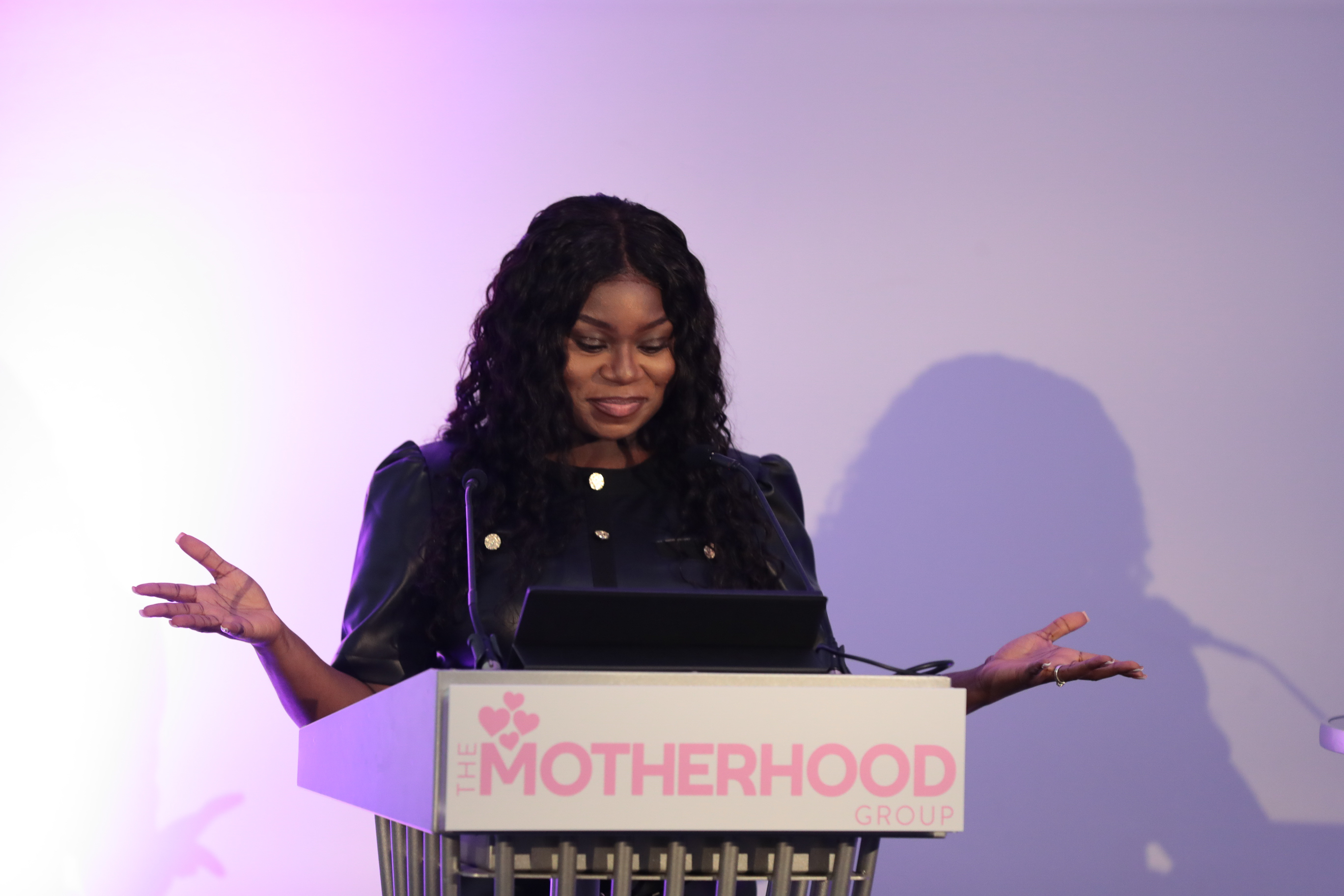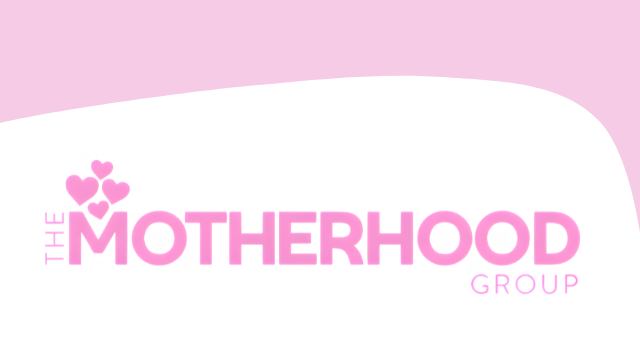Making Black mums visible
A partnership for change
When I founded The Motherhood Group nearly a decade ago, it came from a place of lived experience. As a Black mother navigating pregnancy and early motherhood, I felt invisible — my concerns minimised, my needs misunderstood, and my experiences rarely reflected in the services designed to support me. Over the years, through connecting with thousands of Black mothers, I’ve heard the same story again and again: women left unheard, unsupported, or judged in moments that should have been filled with care and dignity.
These disparities are reflected in the stark statistics: Black women in the UK remain four times more likely to die in pregnancy and childbirth than their white counterparts, and are more likely to experience poorer maternal mental health outcomes. But behind every statistic is a mother, a family, a story. That is why The Motherhood Group exists — to amplify those voices, to hold systems to account, and to co-create solutions with the very women most affected.
Our partnership with Impact on Urban Health and the South East London Integrated Care Board (ICB) has been instrumental in helping us take this work further. Together, we have focused on not just raising awareness, but also embedding evidence, data, and community testimony into the design of services and policies. It is this bridge — between lived experience and systemic change — that makes the collaboration so powerful.
One of our flagship initiatives is the Blackmums app, a cultural competency platform that now reaches thousands of women. The app offers access to peer supporters, counselling, and tailored resources, creating a digital space that reflects the realities of Black motherhood. As one mother told us:
“I finally feel like there’s a space that understands me — the advice isn’t generic, it speaks to my experience.”
What we have learned from this is clear: culturally relevant support doesn’t just feel good, it changes engagement levels, improves wellbeing, and creates trust where it has too often been broken.
Alongside digital innovation, our NCT antenatal sessions for Black families and group psychotherapy programmes have demonstrated the importance of safe, culturally sensitive environments. After one psychotherapy session, a mother shared:
“It was the first time I could talk about my trauma without having to explain myself.”
These spaces show the impact of care that acknowledges identity and context. With Impact on Urban Health, we are gathering evidence from these programmes that makes the case for scaling such interventions across NHS trusts.
Advocacy and awareness are also at the heart of our work. Each year, Black Maternal Mental Health Week and the Black Maternal Health Conference UK convene mothers, policymakers, practitioners, and campaigners. These are not just events but platforms for change - places where testimony meets accountability. Out of these gatherings came the co-produced Black Maternal Mental Health Report, written in collaboration with the Centre for Mental Health and the Maternal Mental Health Alliance. By pairing mothers’ lived experiences with robust evidence, the report has already begun to shape national conversations and training priorities.
Training frontline professionals remains critical. Through our NHS partnership training and consultancy, we’ve witnessed how knowledge can shift practice. One midwife reflected after a session:
“I hadn’t realised how my assumptions made women feel invisible. I’m leaving with a new responsibility to change my practice.”
These moments of realisation - multiplied across the system - are the seeds of long-term transformation.
This year’s campaign theme - “Making Black Mums Visible” - is not about symbolic recognition. Visibility means being counted in data, included in research, centred in policymaking, and respected in practice. It means that stories of neglect and trauma are not dismissed as isolated, but recognised as systemic, demanding systemic solutions.
Our partnership with Impact on Urban Health and the South East London ICB is helping to ensure that visibility translates into influence. Together, we are demonstrating that community-led insights can and must inform structural change. As one of our partners at Impact on Urban Health reflected: “
"Working with The Motherhood Group ensures that our work is grounded in reality — in the voices and experiences of mothers themselves. It makes our evidence stronger, our solutions sharper, and our impact deeper.”
Over the years, I’ve seen the power of mothers’ voices to shift the narrative, from being invisible to driving national reports, NHS training, and policy debates. What gives me hope is that this isn’t just about one project or one campaign. It’s about building a movement where Black mothers are no longer on the margins, but at the centre of designing a maternity system that is safe, equitable, and dignified for all.
The journey is far from over, but partnerships like this one with Impact on Urban Health show us what’s possible. When we make Black mums visible, we don’t just change outcomes for one community - we make the whole system better for every family.


Get the latest south east London Alliance updates straight to your inbox
Join our growing community of VCSE organisations and statutory partners to hear about the latest resources, events, training and opportunities to get involved in strategic collaboration to drive change.




